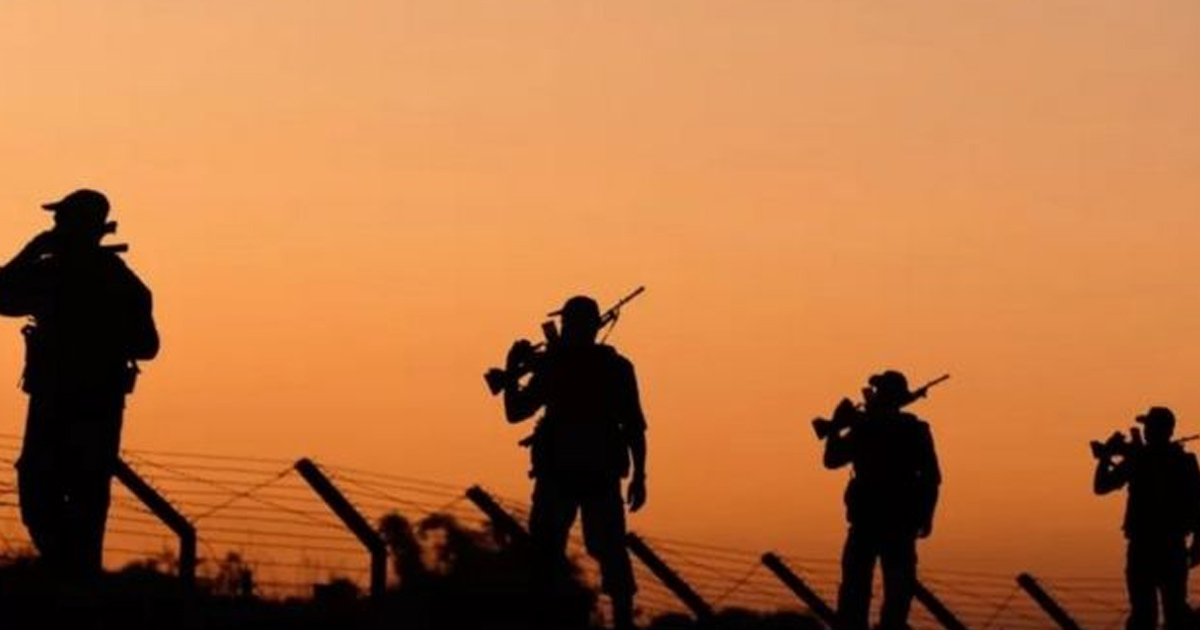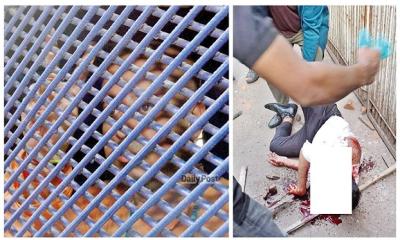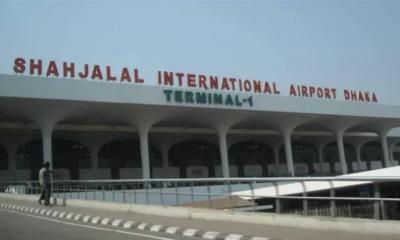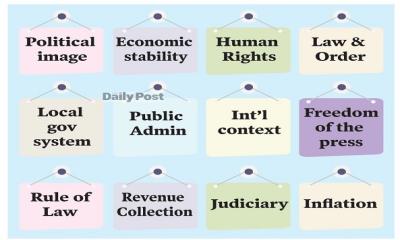Bangladesh and India are two interdependent neighboring countries. The two countries share an international border of approximately 4,096 km (2,546 miles). Both countries have a friendly relationship. Diplomatic relations are also quite good between these two countries. However, the killing of Bangladeshis by BSF, the border guarding force of the neighboring country, has been happening frequently. According to Wikipedia, Indian border guards have been accused of killing around 1,500 Bangladeshis and civilians since 2000. Adhikar, a Bangladeshi NGO, documented the killing of at least 17 Bangladeshis and various instances of torture by Indian border forces from January to June 2011. According to Masum, a Kolkata-based NGO that uncovers information on the border area, the BSF continues to aggressively intimidate, brutally beat and torture suspects in the Bangladesh-India border area despite a decrease in firing rates. The most talked about issue is the killing of Felani at the border and hanging on the border wire. The Indian Border Guard`s controversial shoot-on-sight (shoot-on-sight) policy to prevent cross-border smuggling and alleged illegal immigration from Bangladesh remains in force along the Bangladesh-India border, under which the BSF can shoot Bangladeshi nationals with or without reason. Many people cross the border regularly to visit relatives, shop in bazaars, and find work. Also, many people have to cross the border for farming or fishing in the river near the zero line of the border. Some of these engage in various petty and serious cross-border crimes. The Border Force is mandated to combat illegal activities, particularly drug smuggling, human trafficking for sex work, and the transportation of counterfeit currency and explosives. In July 2011, Human Rights Watch said on border killings, "The Indian government should undertake a swift, clear, and transparent criminal investigation into fresh allegations of killings, torture, and other abuses by the Border Security Force (BSF) along the border with Bangladesh." Human Rights Watch`s South Asia director, Meenakshi Ganguly, said, "Excessive force and indiscriminate beatings of people at the border are intolerable. These abuses call into question India`s commitment to the rule of law.
About 1,000 people have been killed by Indian security forces in the past 10 years, mostly Bangladeshis. turning the border area into a South Asian killing field. Despite clear evidence of cold-blooded killings of unarmed and helpless local residents in many cases, no one has been charged with the killings.
According to a report published by human rights organizations, about 1000 Bangladeshi civilians were killed by the Indian Border Security Force (BSF) in a period of 10 years (from 2001 to 2010).
According to the records of human rights organization Odhikar, BSF killed 1064 Bangladeshi citizens from January 1, 2000 to October 2012. According to the statistics of the Center for Law and Arbitration, 42 Bangladeshis were killed by BSF and physical torture in 6 years from 2007 to 2012.
The report also states that Indian paramilitary forces regularly threaten, torture and detain and torture local Bangladeshi civilians living along the border, and that Bangladeshi border guards generally do not help Bangladeshi civilians. Adhikar, a human rights organization based in Bangladesh, has alleged that the BSF has been subjected to rape and looting in border areas.
Another statistic shows that between 1996 and April 2001 there were 312 border attacks. 124 Bangladeshis were killed in this. Among them, 13 people were killed in 130 attacks in 1996, 11 people were killed in 39 incidents in 1997, 23 people were killed in 56 incidents in 1998, 33 people were killed in 43 incidents in 1999, and 39 people were killed in 42 incidents in 2000.
According to the National Human Rights Organisation, the BSF has killed 35 people till October 2012. At that time, BSF shot and tortured 22 Bangladeshis and injured 58 people. In December 2012, in just 7 days, Indians entered Bangladesh and forcibly abducted 3 Bangladeshis.
According to the Bangladesh Human Rights Organization Law and Arbitration Center (ASK), a total of 27 Bangladeshis were killed by BSF personnel in 2013. 33 Bangladeshis were killed in 2014 68 people were injured Besides, BSF has taken 59 people The year 2015 is at the top in killing of Bangladeshis at the border in three years BSF killed 45 Bangladeshis in 2015
Bad Adams, executive director of Human Rights Watch`s Asia division, said of the border killings,
"Routinely shooting poor, unarmed villagers is not how the world`s largest democracy should behave."
Indian officials have pledged to change the BSF`s behavior and send fresh orders to scrap the shoot-on-sight policy. They are committed to using non-violent means to catch illegal border crossers or smugglers. However, it has not yet been implemented in practice. Responses to various government officials` shoot-on-sight policy complaints are confusing: "We shoot illegal border crossers because they are lawbreakers; we don`t shoot border crossers; we only shoot in self-defense; we don`t shoot to kill."
Initiating an investigation into a crime committed by a member of a security force like the BSF requires permission from a senior Indian official, which rarely happens.
Even if India has a functioning court, the BSF can apparently act as judge, jury and executioner simultaneously in these border crimes.
India has the right to impose controls on its borders. But there is no right to use lethal force in India. Yet some Indian officials openly admit that unarmed civilians are being killed.
Former BSF chief Raman Srivastava said that no one should feel sorry for these victims. He contends that since these men were illegally entering Indian territory, often at night, they were not at all "innocent" and therefore legitimate targets. However, in this case, thousands of Indian smugglers in Bangladesh have been arrested by the Border Guard Force of Bangladesh, BGB, but there has not been a single case of murder. Rather, many were taken back to their country by the Indian forces through the BSF flag meeting.
The border killings of BSF started from 1972, the year after the independence of Bangladesh. Statistics show that between 1972 and 2020, BSF killed, went missing or injured a total of 5084 people. Note that since 2000 its level has increased. Earlier there were only cases of shootings but after 2000 the worst crimes like kidnapping, disappearances, injuries, torture and rape have occurred. Between 1972 and 2020, 1860 people were killed, 1145 people were injured (shot), 111 people were missing, 15 were raped, 157 were robbed, 354 were pushed and 34 were killed by other means.
Human Rights Watch says, "If someone is guilty, he can be punished, but raping him is the worst crime." But ordinary citizens have rightly protested against it. In 2012, Bangladesh and India engaged in a cyber-war after the Felni murder. According to international media Yahoo News, about 2000 government and private websites were hacked to protest the killing of Bangladeshis at the border. Contemporary killings of Bangladeshis by BSF have reduced but it is still ongoing. Experts say Bangladesh should increase diplomatic relations with India in this regard. However, whether there will ever be any judgment about this is also hidden.
SR






